CONTENTS
Mount Kinabalu: A climb to paradise
One of the thrilling adventures that I cannot forget in this lifetime, is climbing Mount Kinabalu.
On the island of Malaysian Borneo, it emerges from the lush jungles of Sabah. Mt Kinabalu is the highest mountain in the Malay Archipelago and attracts trekkers from around the world who seek to climb a summit. It has been mythologized by the indigenous Kadazan people. Mt Kinabalu climb is fast becoming a bucket list for adventure travellers, but it is important that people are properly prepared to ensure they don’t just survive, but thrive on one of Asia’s most famous mountain ascents.
I hardly remember any travel experience that has come to the experience of climbing the twentieth highest peak in Asia, Mount Kinabalu in Malaysian Borneo. It was exciting, daunting and exhilarating, in that order.
I trained for a month-long over 12 floors of an apartment before I flew to Borneo. I reached the Timpohon Gate, 90 km from Kinabalu National Park. This national park has it all that you can imagine: beaches, islands, wildlife, the region has it all to be an attraction. After a compulsory briefing, we were assigned our guide, Ana, petite lady, whom I came to know and admire over our climb. We were each handed a walking stick. Though we ridiculed it at first but later realised we had to rely on it.
>> Read more: Best Hiking Backpacks and a Guide to Hiking Backpack Shopping
On the first day, we were briefed that the goal is to climb 6 km horizontally, and 1.3 km vertically. The initial stretch was relatively an easy hike alternating between flat clearings and small steps, amid tall trees and dense vegetation. The second half was more strenuous, ranging from steeply inclined rocks and steps, where shrubs and bushes gradually replaced the trees. It was all about saving energy by finding alternative ways to climb the rubble by using small rocks as stepping-stones and the walking stick for support. The energy needs to be saved for steeper inclines on the second stretch. The higher we hiked, the more scenic the view became, and we were often shrouded in mist. I thought it was breathtaking until I reached the summit.
All climbers need to halt and take rest while spending the night at Laban Rata. It’s the midway point, or at one of its subsidiary guesthouses, before resuming the climb early the next morning. We arrived at Laban Rata in time to catch an eloquent mountain sunset, and tuck in for a few hours. It was chilly.
Next day, at 2 am, we started our hike. To the trail visible, we used small torchlights. The first 6 km were challenging but the next three were terrifying! The torches were clutched between our teeth, while we grabbed the climbing ropes trying to get a grip on the bare rock of the mountain. I hadn’t experienced such an adrenaline rush in all the years till then. The dark though admittedly made the terrain less daunting. By about 6 am, I decided to give up a few times. But our guide kept motivating me and while battling the wind and the rain for a good half hour, we conquered the last stretch. I couldn’t believe myself, that I had done it! Low Peak, 4095 m, the fourth highest in Southeast Asia, the 20th highest in all of Asia, the only that I might ever conquer, it is spectacular. I had never seen anything so otherworldly than this before! We were above the clouds, almost touching the sky, and watching the most breathtaking sunrise of our lives. The sun started appearing distinctively, spreading its ray which penetrated the air soaking us in its vastness. My words really can’t do justice to that feeling of being at the top of the world.
In the light of the sun, I could now see the 900m of vertical terrain we had climbed. I learnt our guide climbed the mountain on average twice a week, so by rough calculations, she’d done the trail 500 times!
Mt Kinabalu is situated at above 4,000m (13,123 ft) from sea level and its varying landscape from the tropical surrounds of the lower slopes to much cooler exposed rocky summit. This practically means that the clothes you carry must be able to help you survive through a vast range of weather patterns. It is important to ensure that light, flexible clothing options are taken: a couple of pairs of shorts, some light shirts (or t-shirts), thermals, a couple of pairs of hiking pants, or loose or comfortable track pants are recommended, along with several pairs of dry socks to change into if you find yourself hiking in the rain.
It can rain on the slopes of Mt Kinabalu. It rains heavily. So you need to be prepared for this by carrying a waterproof jacket and a rainproof cover for your backpack.
It is important that you survive your ascent of Mt Kinabalu, but you should even see that your hike doesn’t affect the environment negatively. Instead, try to hike responsibly. This means that any waste you accumulate on your climb should be kept and properly disposed of once you descend the mountain. Everything you take, make sure you come back with it. Also anything you find on the climb should also stay where you see it. Taking souvenir rocks (or other interesting finds) off the mountain only lessens the environment for future hikers, and will make your pack heavier on the way down!
When we came back to the starting point on our wobbling feet, I was exhausted but proud. The adventure has housed itself in my head. Life can be short, I know, but it can also be the single most intoxicating experience.

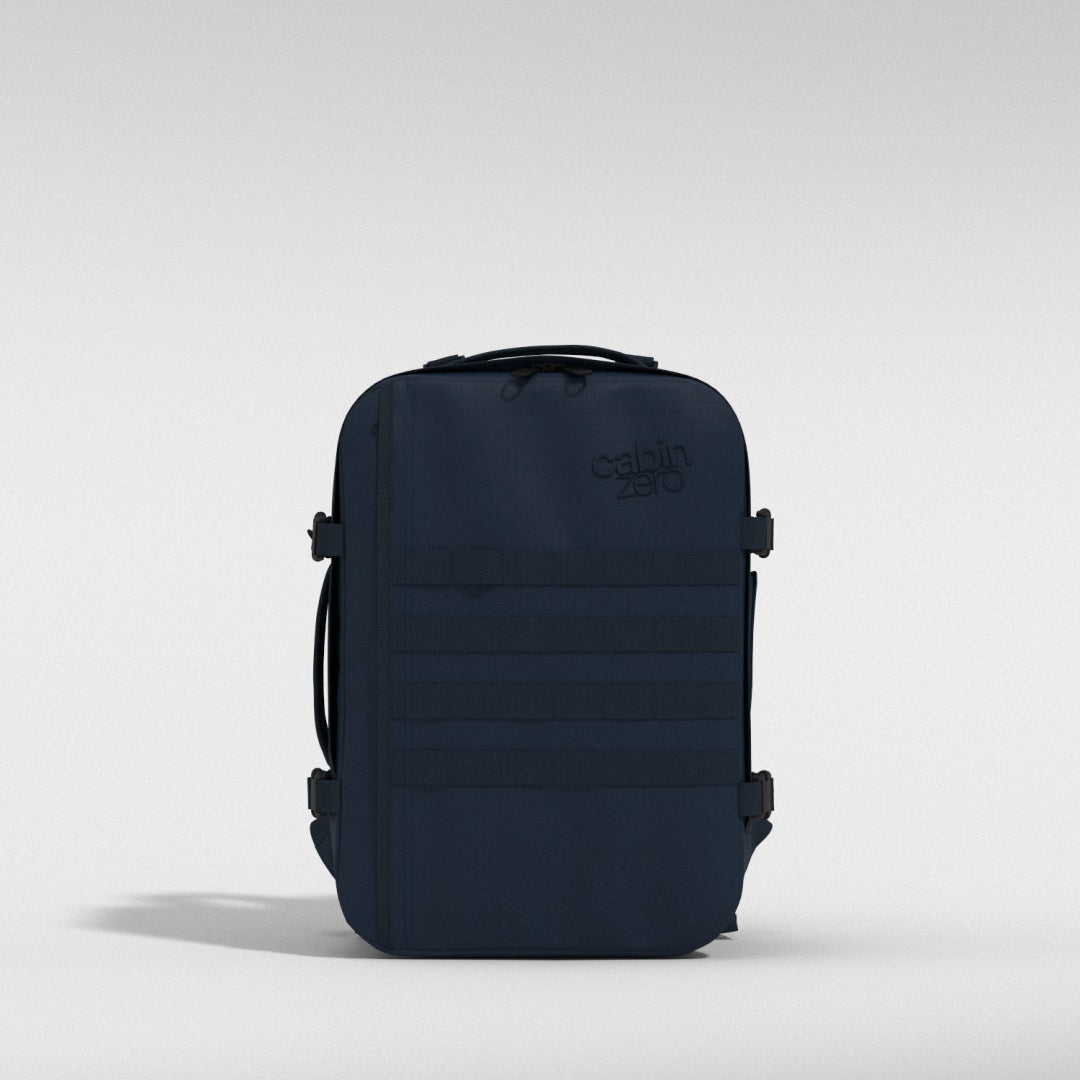

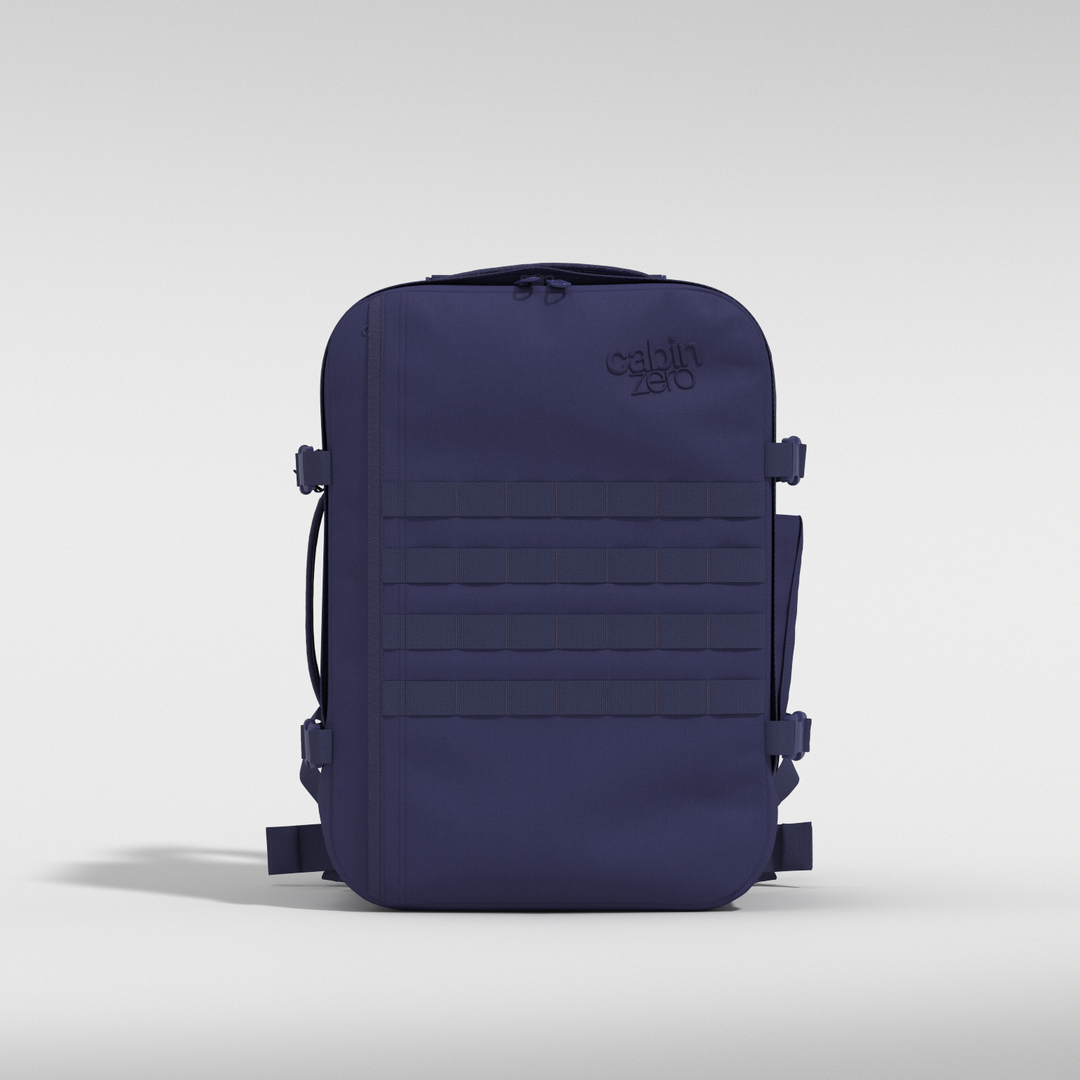

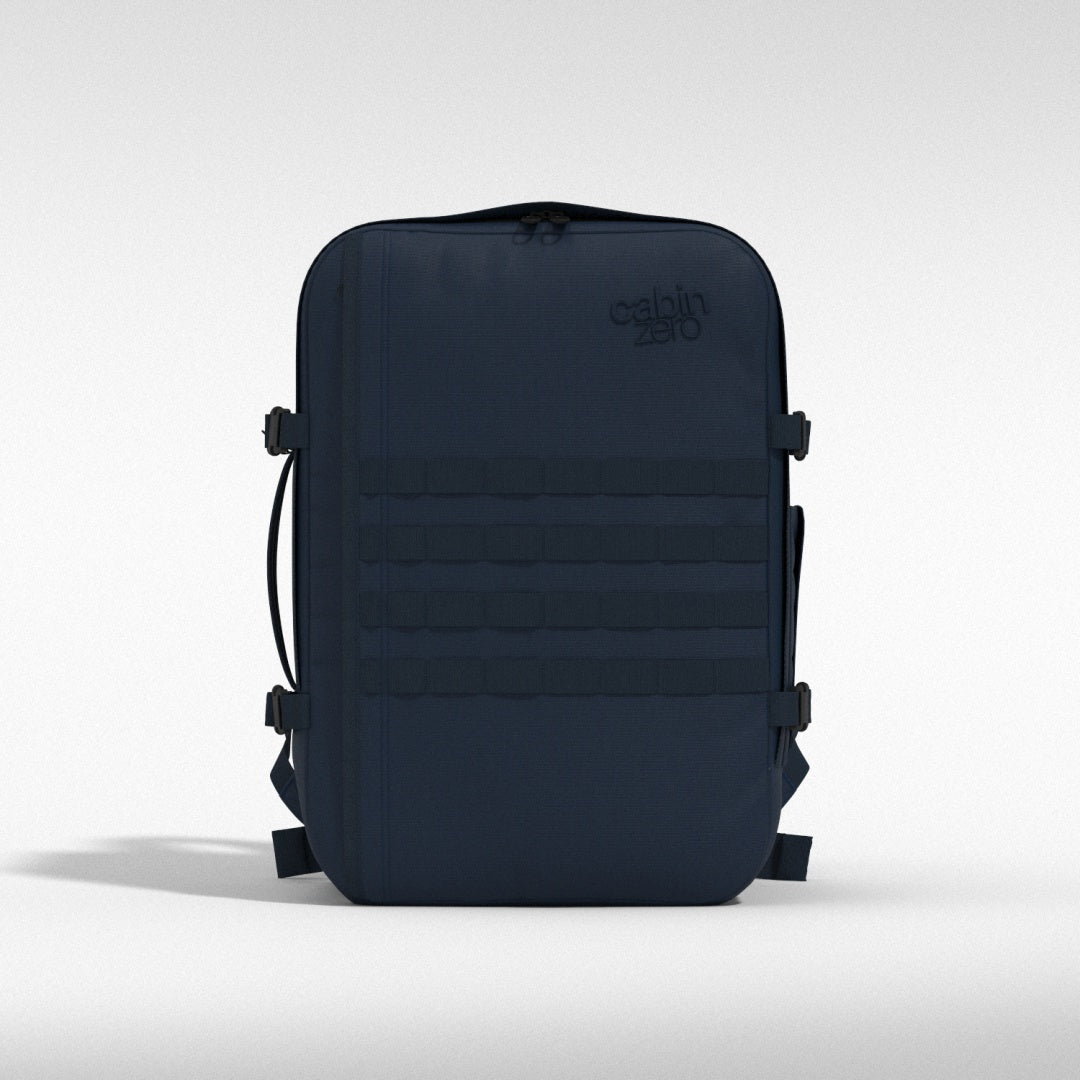

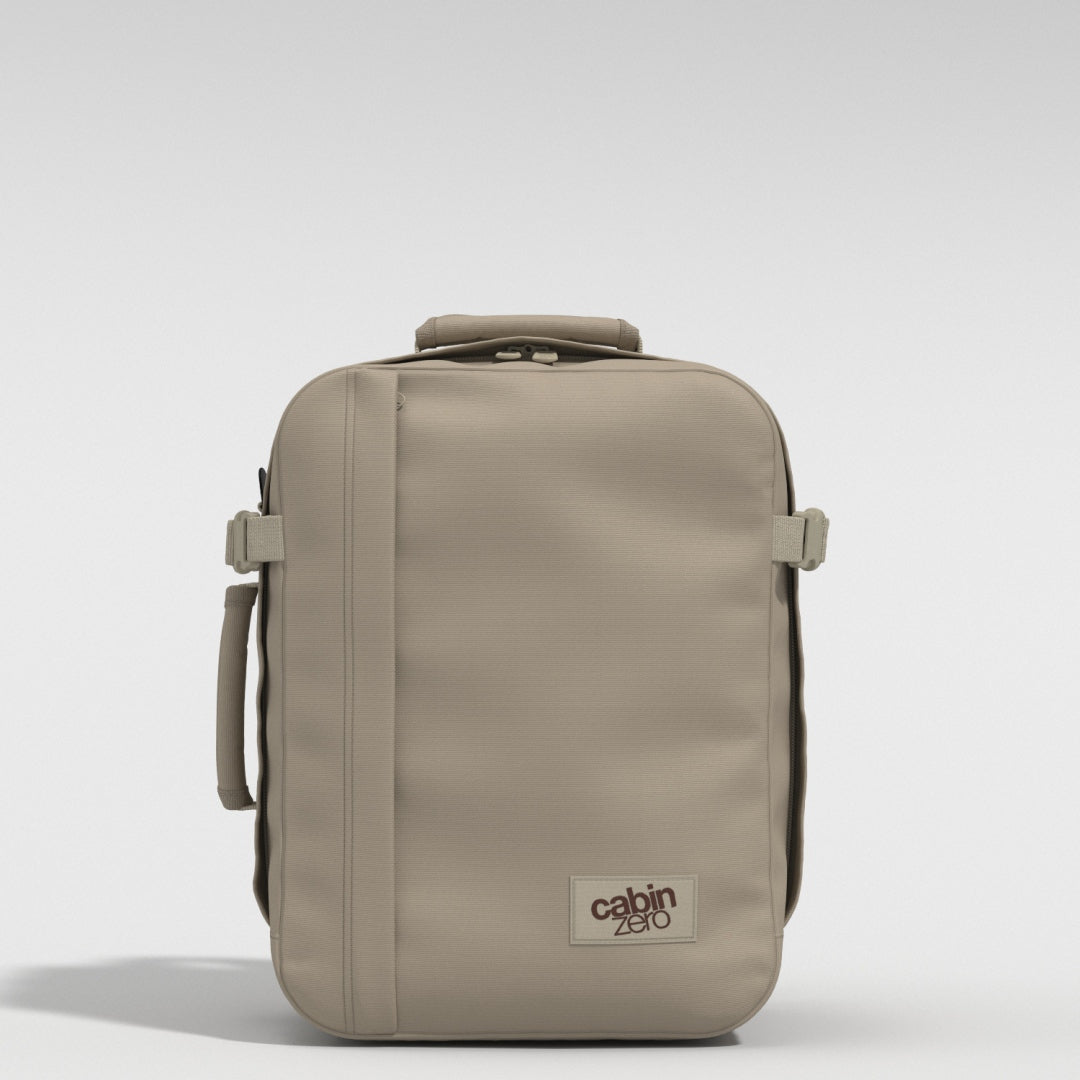

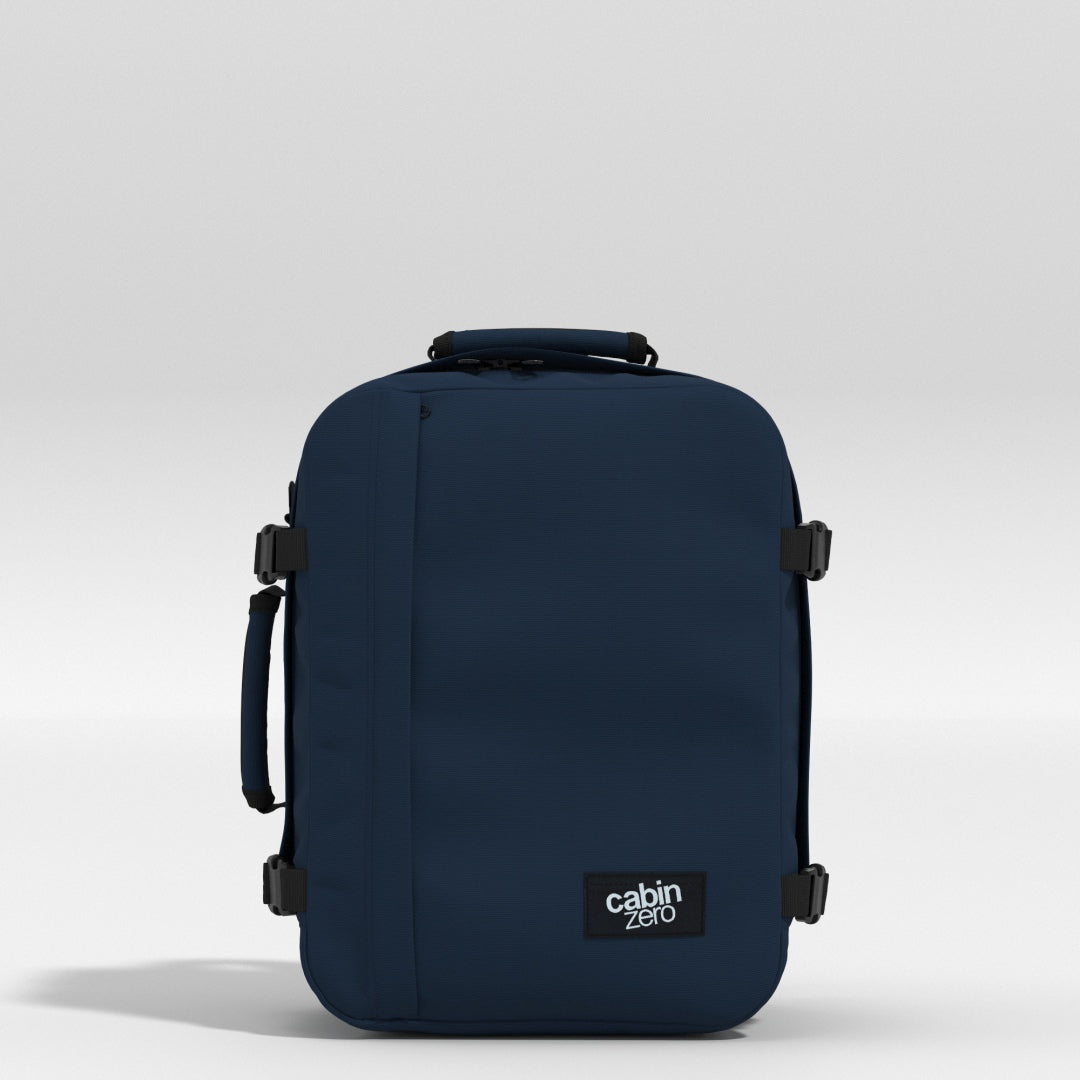




Leave a comment